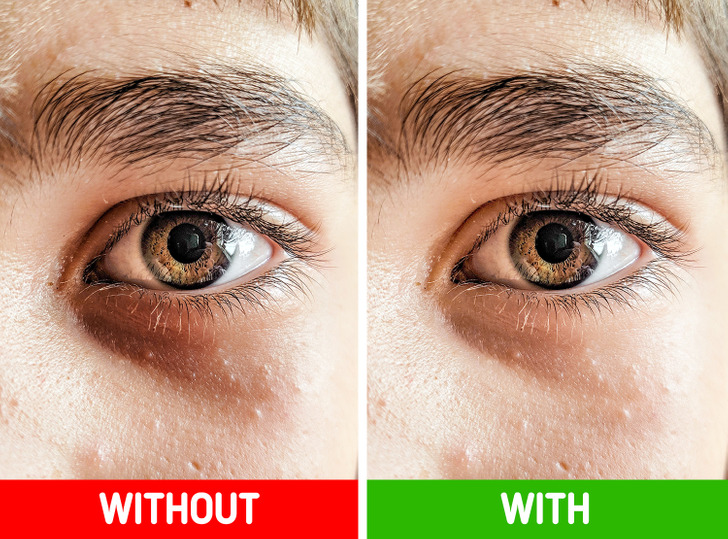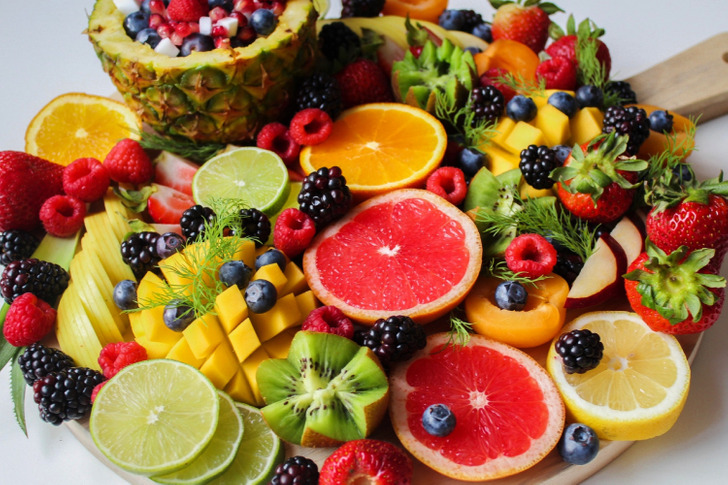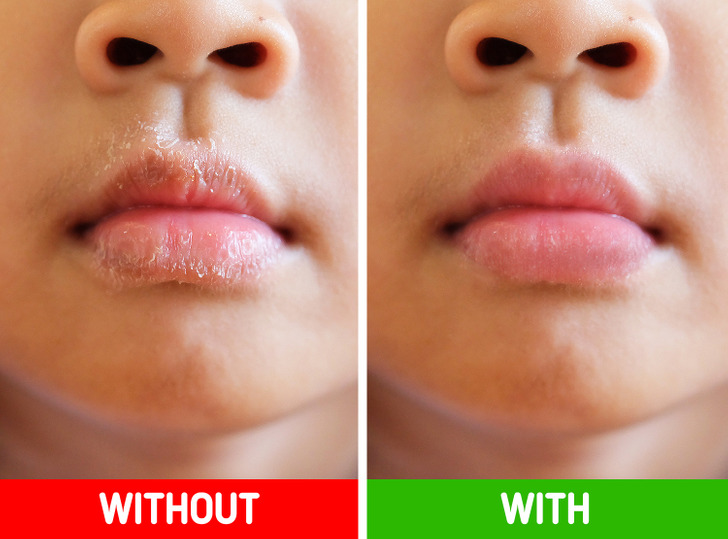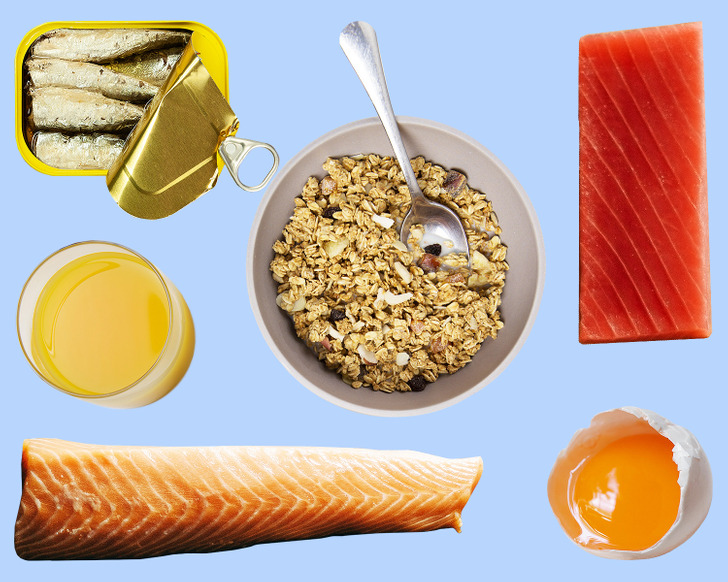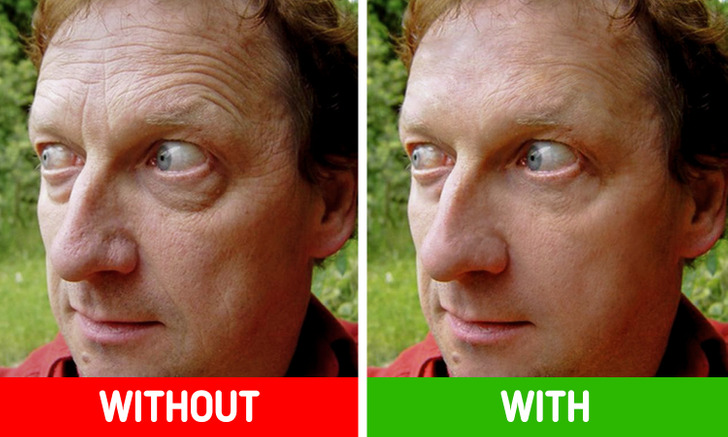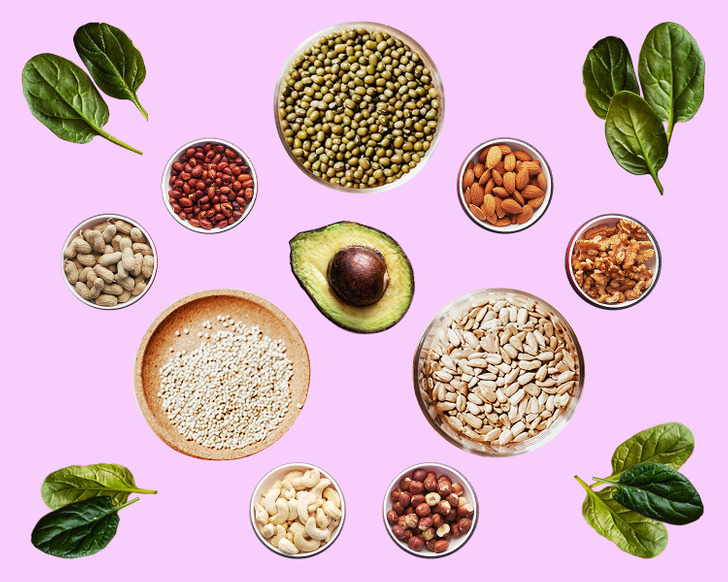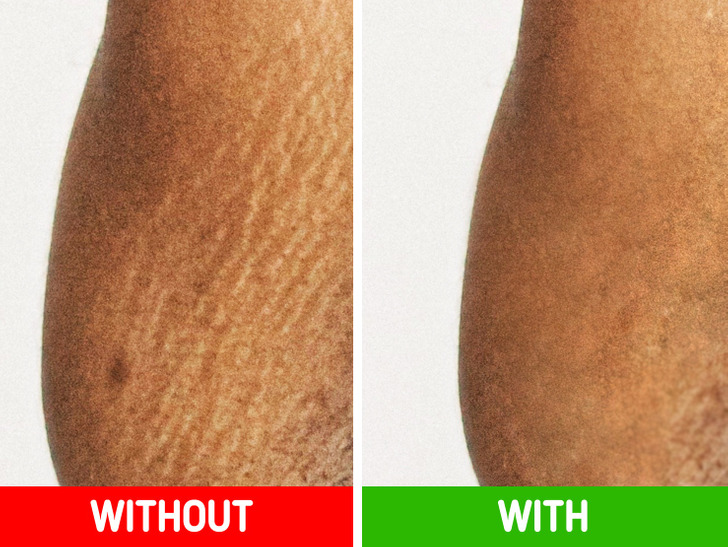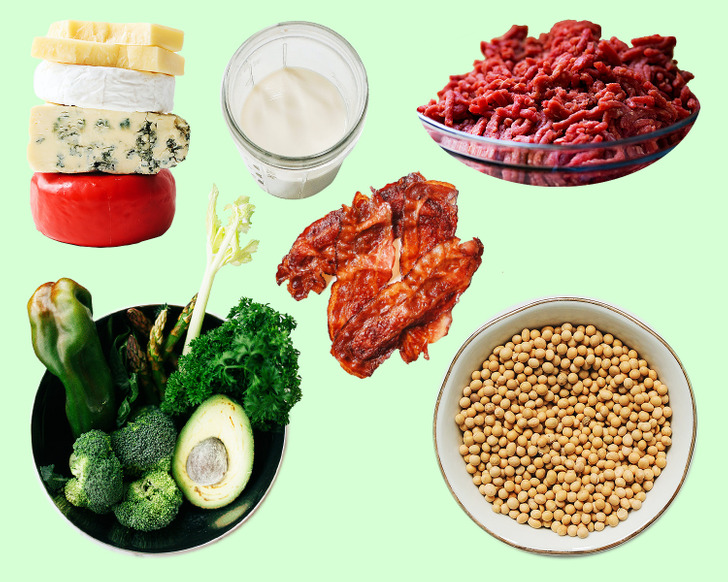4 Essential Vitamins That’ll Make Your Skin Look Younger and Where to Find Them
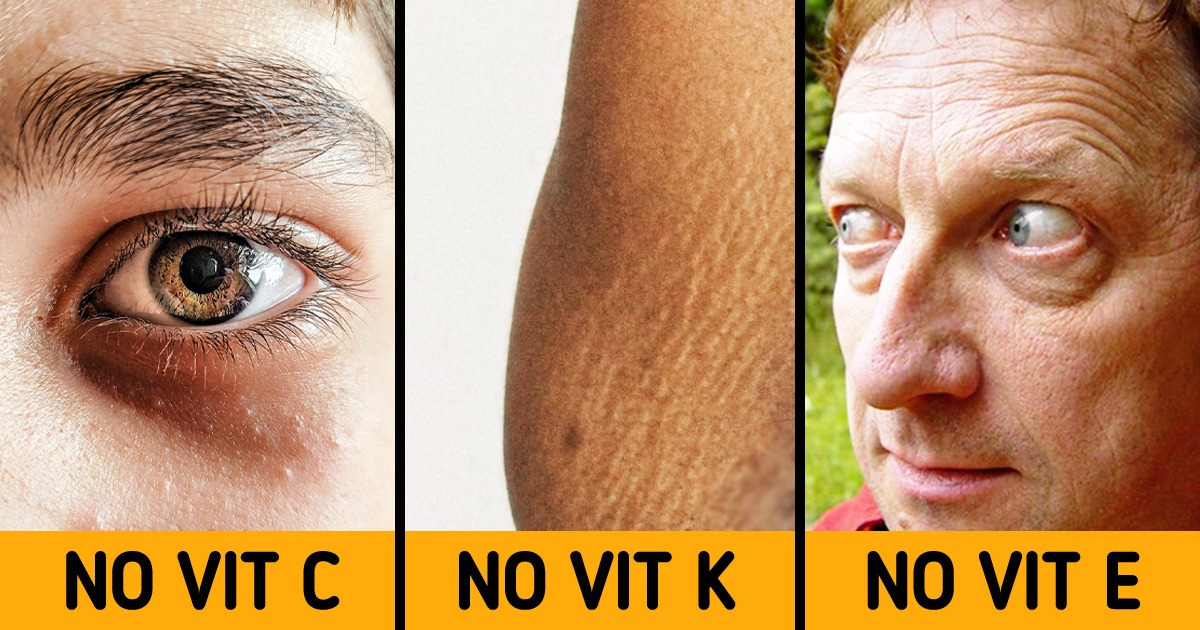
Skin is our body’s largest organ. It’s in our hands to make it look healthy by sticking to a regular diet and eating right. An unhealthy and irregular diet may leave you deficient in the vitamins and antioxidants necessary for your skin.
In this article, 5-Minute Crafts shares the 4 most significant vitamins that are beneficial when seeking to maintain radiant skin and healing many skin conditions, like dark spots, redness, wrinkles, and more.
❗This article is prepared for informational purposes only. Consult with your dermatologist or doctor about using vitamins for your skin.
1. Vitamin C
Vitamin C is found in high levels in the outer and inner layers of skin. Thanks to its antioxidant properties, it plays a vital role in collagen production. It also helps heal bodily wounds, protect against UV-light damage, and combat the signs of aging, the appearance of under-eye circles, and redness. It improves wrinkles and evens out skin tones.
- Remember to consult with a medical professional when taking it or applying it to your skin as vitamin C serums or creams.
2. Vitamin D
Vitamin D promotes calcium absorption and is essential for healthy bones. There are 3 vitamin D sources: sunlight, diet, and supplements. Vitamin D is also known as ’’the sunshine vitamin’’ because you get the most vitamin D by absorbing sunlight. According to some studies, a lack of vitamin D may have a role in acne, dry skin, and eczema formation. Remember that taking too much vitamin D is also not good for you.
Some studies found that calcitriol, a manufactured vitamin D supplement, is efficient and would be good therapy for the sensitive patches caused by chronic plaque psoriasis. For the past few decades, it’s been shown that vitamin D compounds are safe in the topical treatment of psoriasis.
3. Vitamin E
Vitamin E is an antioxidant, a group of 8 fat-soluble compounds that protect against sun damage, age-related cell damage, and skin inflammation. It’s vital for the immune system, good eyesight, and dark spots and wrinkles. It also works to fight cognitive decline with age. Some studies have found that it may affect some heart-related diseases only in specific patient groups. Also, our body produces vitamin E through sebum, an oily substance emitted via the skin’s pores.
4. Vitamin K
Vitamin K is a group (K1, K2) of fat-soluble compounds vital for blood clotting and bone strength. Some studies have found that it’s effective in heart health. It helps improve skin pigmentation and conditions, including stretch marks, spider veins, scars, dark spots, etc. It improves bruises and stubborn circles under your eyes. Studies have shown its significance in healing wounds thanks to its antioxidant properties.
- Where to find it in food: kale, parsley, avocado, spinach, broccoli, iceberg lettuce, cabbage, asparagus, green peppers, green beans, soybeans, bacon, ground beef, egg yolks, cheese, dairy foods like milk, yogurt, and more. Since it’s fat-soluble, eating vitamin K foods with healthy fats will allow for better absorption. You may want to add some olive oil or avocado to your green salad.
